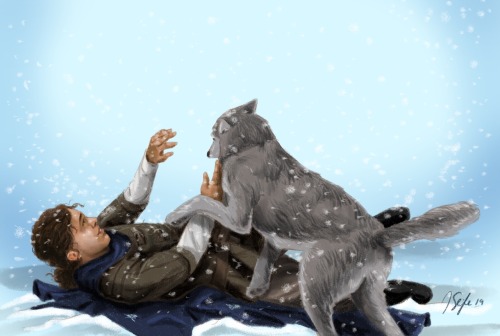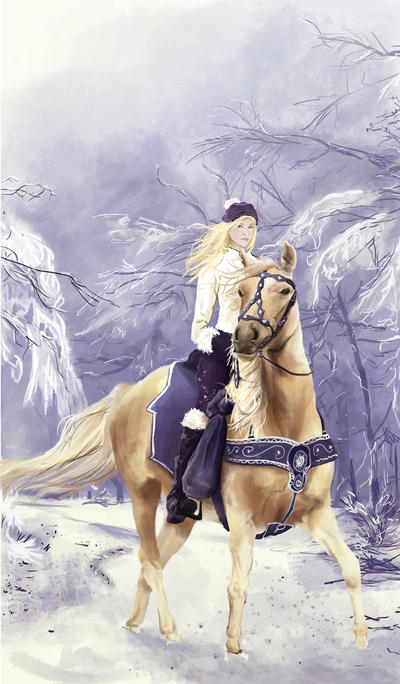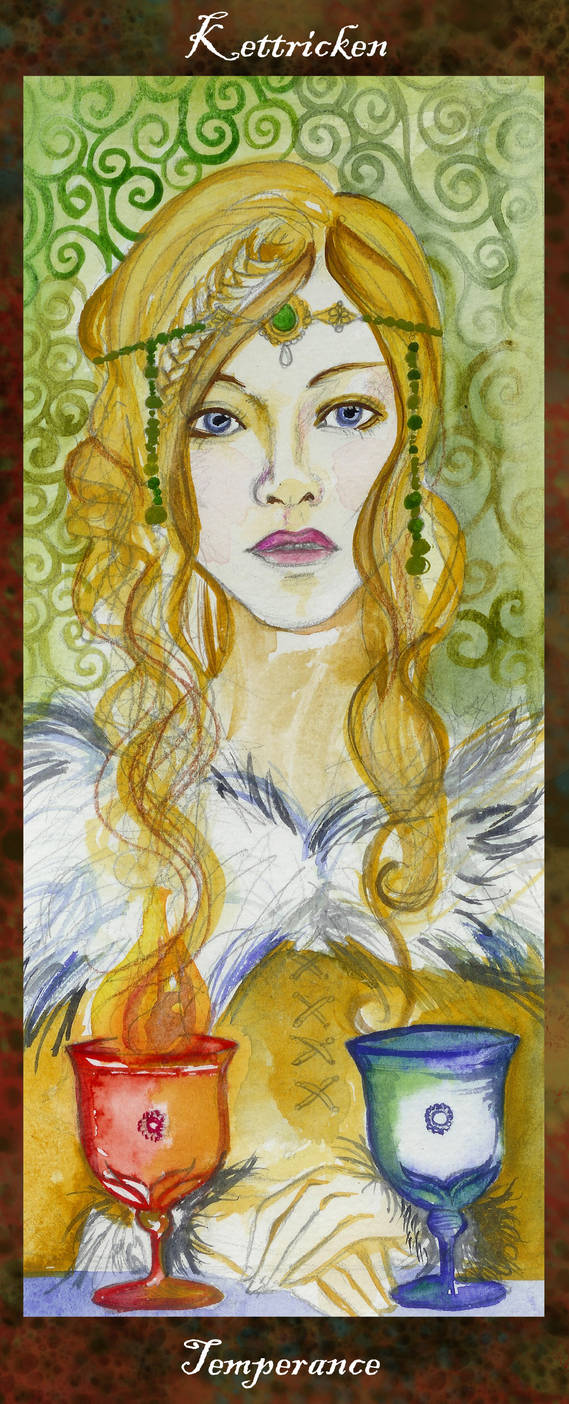Read the previous entry in the series here.
Read the next entry in the series here.
The chapter that follows, “Fool’s Errand,” opens with a discussion of the state of Skill practice leading up to Verity’s time. It moves to Fitz recounting his Wit experiences with the wolf cub and his waning denial of their growing bond.

Of a morning, Fitz is asked by some of the guards at Buckkeep to put to Verity an idea that they had had to form an independent guard unit for Kettricken. Fitz presses them for a bit before agreeing to carry the idea to the king- and queen-in-waiting. Fitz also rehearses his continued longings for Molly, as well as the state of affairs in Buckkeep following the funeral proceedings. As he makes to attend on Kettricken, he is greeted by the Fool, who poses to him questions about the dearth of Skilled in the Six Duchies. Fitz contemplates the matter, finding difficulty in interpreting the Fool’s words; the Fool presses on, making mockery of Fitz and leaving him much to consider as he reaches Kettricken’s chambers.
When Fitz reaches them, Regal greets and insults him, provoking him to a rage that morphs into impolitic delight at seeing Molly. She excuses herself, and Fitz enters Kettricken’s chambers, finding her centered and more at ease than he has seen her for long. She notes that she has returned to herself, offering philosophical discussion and meditation. Fitz realizes, with some astonishment, that Kettricken is possessed of the Wit, and the wolf cub through him connects to her, exulting in it. Fitz, however, is wary; knowing that his own Wit-work can be detected by others, he realizes that others’ might, as well.
The chapter offers a bit more to support the idea that the Wit, at least in the Farseer novels, is a metaphor for homosexuality. That Kettricken is possessed of it, marking her as even more Other to the mainstream Six Duchies than her ethnic identity already does, poses the same kind of threat that being a closeted member of a minority population in the United States in the mid-1990s did; the revelation, even then and there, could well be fatal, as is noted here, here, and elsewhere. And Fitz already knows he has enemies that would not scruple to use a perceived usurping outsider as an avenue of attack against him.
There is also an interesting bit about meditation in the chapter. The philosophical approach Kettricken voices is somewhat fatalistic, something of a “the world will happen as it happens, despite what you do,” and the machinations of fate do form a major motif in the series, filled as it is with prophecy and the like. But the meditative aspect of Kettricken’s approach to life, juxtaposed with Fitz’s inability to participate in it, seems it could be read as a comment about the accessibility of such practice. Fitz, while not exactly among the lower classes, is not among the elite; he has to work, and abundantly, while Kettricken sees herself as unoccupied in her role as queen-in-waiting. For her to meditate, when Fitz cannot, could be taken as a rebuke of the practice as something set aside from the working world. But that might be going further than can be sustained by the text as a whole; in the Mountain Kindgom, it is asserted, Kettricken would have had and did have much work to do. She is not depicted as having meditated there, though she seems to report it in the present chapter, so…








